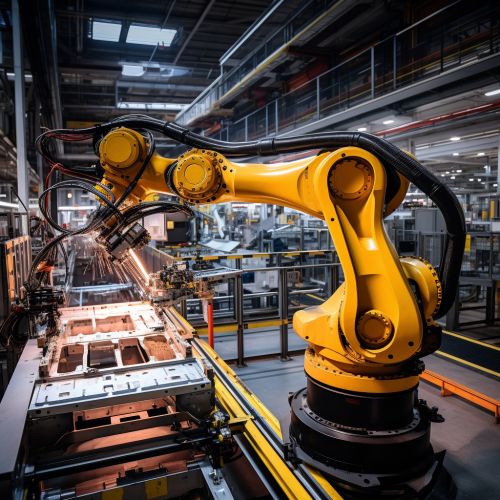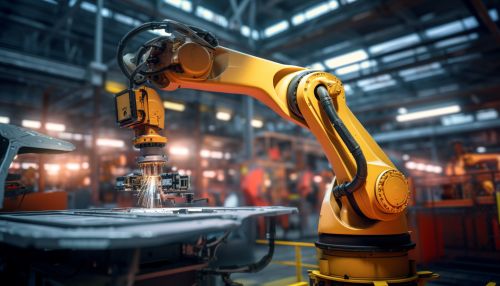The Impact of Artificial Intelligence on Job Market
Introduction
Artificial Intelligence (AI) has been a transformative force in the global job market. The advent of AI technologies has led to significant shifts in the nature of work, affecting both the demand for certain skills and the availability of jobs in various sectors. This article explores the impact of AI on the job market, delving into the implications for workers, employers, and policymakers alike.
AI and Job Automation
One of the most significant impacts of AI on the job market is the potential for job automation. AI technologies, such as machine learning and RPA, have the capacity to automate a wide range of tasks, from simple, repetitive tasks to more complex, cognitive tasks. This has implications for job availability, as jobs that involve a high degree of routine are particularly susceptible to automation.


Impact on Job Availability
The impact of AI on job availability is a contentious issue. Some argue that AI will lead to job displacement, as machines take over tasks previously performed by humans. Others, however, posit that AI will create more jobs than it displaces by generating new industries and opportunities. This section explores both perspectives, providing a balanced view of the potential impact of AI on job availability.
Impact on Skill Demand
AI is also reshaping the demand for skills in the job market. As AI technologies become more prevalent, there is an increasing demand for skills related to AI, such as data analysis and machine learning. Conversely, there is a decreasing demand for skills that can be easily automated. This shift in skill demand has implications for education and training, as workers must adapt to the changing job market.


Implications for Workers
The impact of AI on the job market has significant implications for workers. On one hand, workers in jobs that are susceptible to automation may face job displacement. On the other hand, workers with skills in high demand may benefit from increased job opportunities and higher wages. This section explores these implications in more detail.
Implications for Employers
Employers also face significant implications due to the impact of AI on the job market. Employers must adapt to the changing skill demand, potentially requiring significant investment in training and development. Additionally, employers may face challenges in recruiting and retaining talent in a competitive job market.


Implications for Policymakers
Policymakers play a crucial role in managing the impact of AI on the job market. Policies related to education, training, and labor market regulation can help mitigate the negative impacts of AI and ensure that the benefits are widely shared. This section explores the role of policymakers in more detail.
Conclusion
The impact of AI on the job market is a complex and multifaceted issue. While AI has the potential to automate many jobs, it also creates new opportunities and challenges. The future of the job market will depend on how well workers, employers, and policymakers adapt to these changes.
